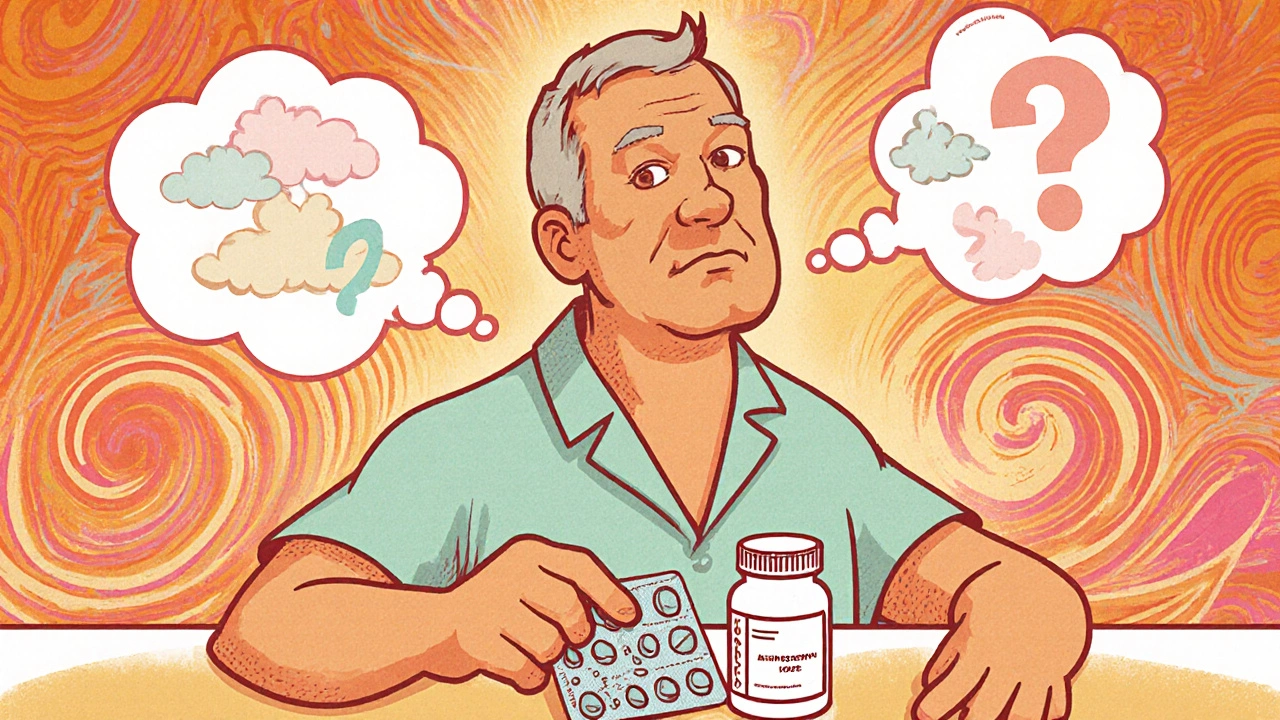
Mental Health Tips and Guides
Feeling down, anxious, or just a bit off? You’re not alone. Mental health matters every day, and you don’t need a PhD to look after it. Below are simple steps you can start using right now to feel steadier and more in control.
Everyday ways to boost mental wellbeing
First, move your body. A short walk, a quick stretch, or a 10‑minute dance break releases chemicals that lift mood. You don’t need a gym—just get your feet moving.
Second, watch what you eat. Foods rich in omega‑3s, like salmon or walnuts, help brain chemistry. Try swapping a sugary snack for a handful of nuts or a piece of fruit.
Third, sleep well. Aim for 7‑9 hours, keep the bedroom dark, and turn off screens an hour before bed. Good sleep makes it easier to handle stress.
Fourth, limit news overload. Checking headlines all day can raise anxiety. Pick a trusted source, read once, and then switch off.
Fifth, stay connected. Call a friend, join a hobby group, or message someone you trust. Even a quick chat can lower feelings of isolation.
Sixth, practice breathing or mindfulness. Inhale for four seconds, hold for four, exhale for four. Doing this a few times a day calms the nervous system.
When to seek professional help
If you notice persistent sadness, hopelessness, or thoughts of self‑harm, reach out to a GP or mental‑health professional right away. Early help can prevent problems from getting worse.
Struggling with panic attacks, constant worry, or severe insomnia? These are signs that therapy or medication might be needed. A doctor can discuss safe options, including NHS‑approved treatments.
Don’t wait for a crisis to act. If daily life feels unmanageable, schedule an appointment. Many services offer confidential, free advice.
While looking for help, keep a simple log of mood, sleep, and any triggers. This record helps the clinician understand what’s going on and suggest the right plan.
Remember, asking for help is a strength, not a weakness. The right support can give you tools to cope and improve your quality of life.
Lastly, be kind to yourself. Progress isn’t a straight line; setbacks happen. Celebrate small wins, like a good night’s sleep or a brief moment of calm.
Use these tips as a starting point, and adjust what works for you. Mental health is a daily habit, and each positive action adds up. Stay proactive, stay connected, and reach out when you need extra support.
-
19 Oct

-
12 Sep

How Insomnia Undermines Mental Health and Overall Well‑Being
Explore how chronic insomnia disrupts mental health, triggers anxiety and depression, and erodes overall well‑being, plus evidence‑based strategies to restore restorative sleep.





